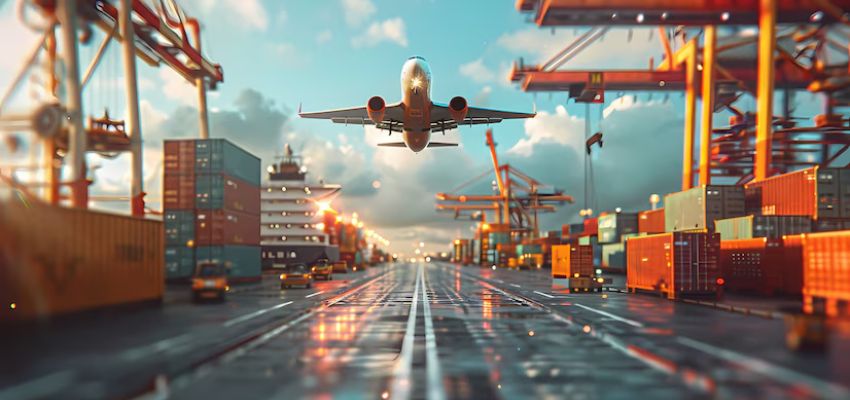CUSTOMS CLEARANCE
Customs clearance is the process of obtaining permission from a country's customs authorities to import goods into or export goods from the country. This involves fulfilling various legal and regulatory requirements to ensure the smooth and lawful movement of goods across borders.
1.Documentation:
Proper documentation is essential for customs clearance. Required documents typically include the commercial invoice, packing list, bill of lading or airway bill, and any additional documents depending on the type of goods and destination.
2.Declaration of Goods:
The importer or exporter must declare the details of the goods being shipped, including a description of the items, quantity, weight, value, and other relevant information.
3.Customs Valuation:
Customs authorities assess the value of the goods to determine the applicable duties and taxes. This valuation is usually based on the transaction value, though other methods may be used in certain situations.
4.Duties and Taxes:
Import duties, taxes, and fees are calculated based on the customs valuation. The importer is responsible for paying these charges.
5.Customs Inspection:
5. Customs may conduct physical inspections of the goods to verify the information provided in the documentation.
6.Release of Goods:
Once all requirements are satisfied, customs issues a release, allowing the goods to enter or leave the country.
7.Delivery:
Customs clearance procedures can vary significantly between countries, and compliance with local regulations is crucial to avoid delays and penalties. Many businesses choose to work with customs brokers or freight forwarders to navigate the complexities of customs clearance. These professionals are experienced in dealing with customs authorities and can help ensure a smooth and efficient process.
All Services: Our customs clearance services are designed to handle all aspects of the process, providing expert support to ensure compliance with regulations and facilitate the efficient movement of your goods.


